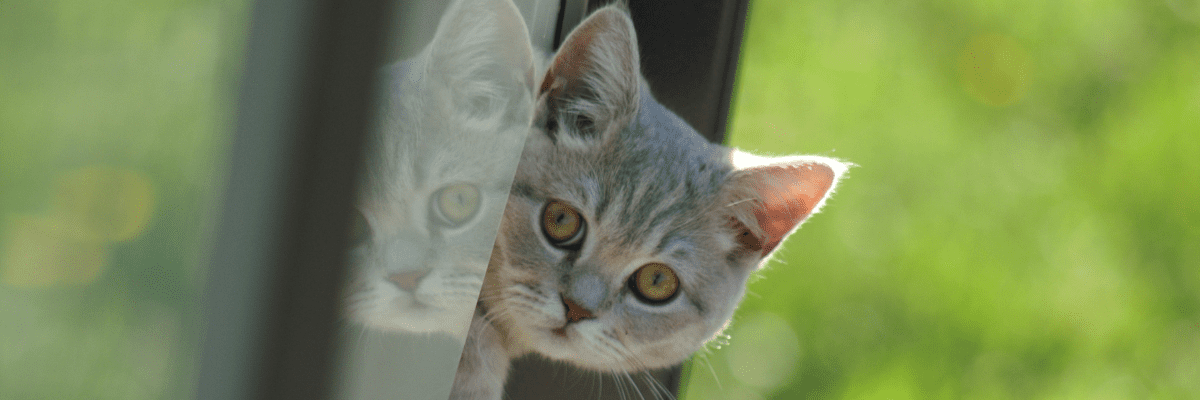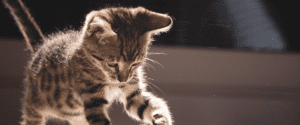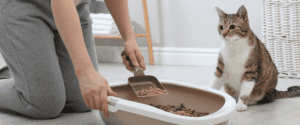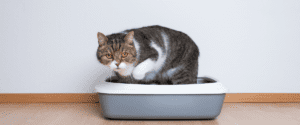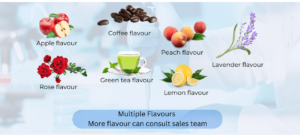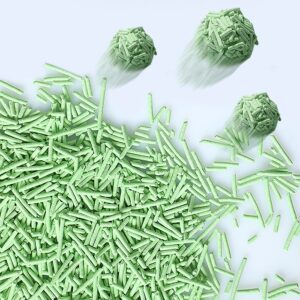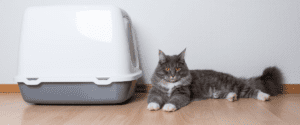Introduction
In an age where sustainability and conscious consumerism are gaining momentum, it’s essential to explore every aspect of our lives for opportunities to reduce our ecological footprint. One area often overlooked is our pets’ care routines, particularly when it comes to their waste management. Traditional cat litters, often made from clay or silica gel, contribute to environmental degradation and pose health risks to both pets and humans. Enter plant-based cat litter—a greener, safer, and more environmentally responsible choice for our feline friends.

The Environmental Impact of Traditional Cat Litter
Traditional cat litters are primarily made from clay or silica gel, both of which are non-renewable resources. The extraction of clay for litter production involves strip mining, which can lead to deforestation, habitat destruction, and disruption of local ecosystems. Additionally, the processing and transportation of these materials contribute to carbon emissions and further strain natural resources.
Furthermore, the disposal of used clay or silica-based cat litter presents challenges. Most of it ends up in landfills, where it does not biodegrade and can release harmful substances into the environment over time. This not only affects the soil and water quality but also contributes to the larger problem of plastic pollution.
The Green Advantages of Plant-Based Cat Litter
Renewable Resources: Plant-based cat litter is typically made from renewable resources such as corn, wheat, pine, or bamboo. These materials can be grown and harvested in a sustainable manner, reducing the strain on non-renewable resources.
Biodegradability: Unlike traditional litters, plant-based options are biodegradable, breaking down naturally over time. This significantly reduces the litter’s impact on landfills and contributes to healthier soil quality.
Reduced Carbon Footprint: The production of plant-based litters generally results in lower carbon emissions compared to the energy-intensive processes involved in extracting, processing, and transporting clay or silica.
Healthier for Pets: Plant-based litters are often free from harmful chemicals, synthetic fragrances, and additives that can cause respiratory issues in both cats and their human companions.
Odor Control: Many plant-based litters offer effective odor control through natural processes, such as moisture absorption and odor neutralization, without relying on artificial scents.
Flushable Options: Some plant-based litters are flushable, offering convenience and minimizing waste. However, it’s important to check with your local wastewater treatment facility before flushing any type of litter.
Making the Switch
Transitioning to plant-based cat litter is a positive step toward eco-friendly living. However, it’s important to note that each cat is unique, and their preferences might vary. When making the switch, consider the following:
Gradual Transition: Mix a small amount of the new plant-based litter with your cat’s current litter to help them get accustomed to the new texture and scent.
Monitoring: Observe your cat’s behavior and preferences during the transition. Some cats might take to the change immediately, while others might need more time to adjust.
Patience: Switching litters can be a process, so be patient and understanding as your cat adapts to the new material.
Conclusion
As responsible pet owners, our choices have a significant impact not only on our beloved feline companions but also on the planet we all share. By opting for plant-based cat litter, we can reduce our carbon footprint, support sustainable practices, and contribute to a healthier environment. Making this simple change in our pet care routine is a small step toward a greener future—one that benefits both us and the generations to come.
